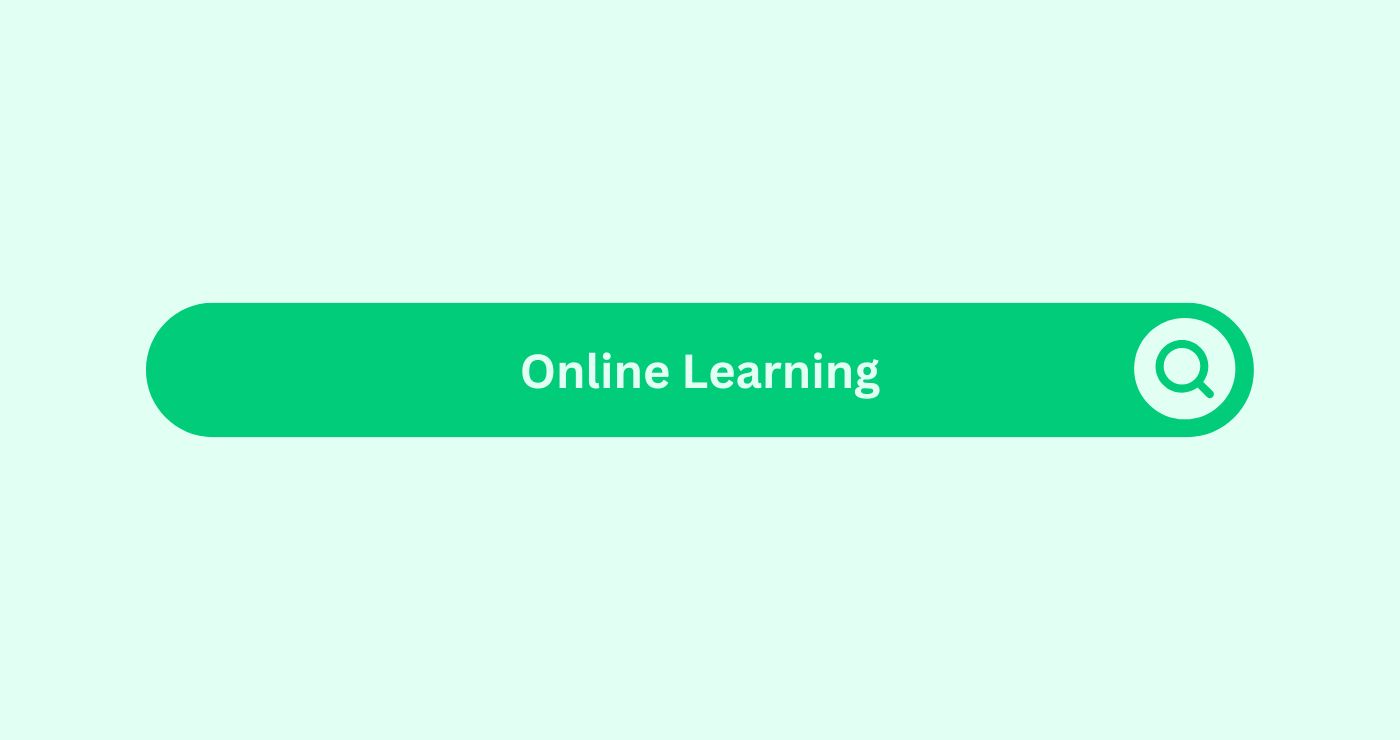Definition
Online learning’s basically the secret sauce for machine learning models that gotta keep up with fresh data as it rolls in—forget that old-school, static approach. Instead of waiting around for a bulk upload, the algorithmDefinition The SEO algorithm includes rules and calculations... just keeps tweaking itself, minute by minute. In the world of AI-powered content marketingDefinition Content marketing strategically creates and share..., this is a game-changer. Digital platforms actually stay in sync with shifting consumer behaviour, pesky search algorithms, and whatever trend the internet’s obsessed with this week.
Take a performance marketing agency, for example—they use online learning to let their smart tools instantly adapt content strategies. Every user click, bounce, or heat map spike gets noticed. Say a digital marketing agency in Auckland drops a product blog. The model tracks how people interact—did they read the whole thing? Did they peace out after a few sentences? In the next post, the algorithmDefinition The SEO algorithm includes rules and calculations... switches it up: maybe tighter copy, a punchier headline, or different keywordsDefinition Keywords are crucial for SEO success as they conn... to bump up results.
This kind of instant feedback is a lifesaver in fast-moving markets or during peak keyword seasons. An SEO team can tweak content mid-campaign, fix linking, or hold readers’ attention longer, all based on new data. The whole process means sharper content, keywordsDefinition Keywords are crucial for SEO success as they conn... that actually hit, and a more tailored experience for every visitor. It’s a massive boost for agencies chasing long-term organic growth.
Example :
An agency running ads for “electric bikes Auckland.” As soon as they post, the model dives into the data—who scrolled where, who clicked what, and who filled out a form. If search trends shift to “best electric bikes NZ,” the algorithmDefinition The SEO algorithm includes rules and calculations... throws that phrase right into the next headline. Over weeks, the model sharpens email campaigns, social updates, and product descriptions, all from tracking what’s working now—not just what worked last year. The marketing stays sharp and tuned for better SEO every step of the way.
| Metric | Value | Description |
|---|---|---|
| Initial Content Views | 3,000 | AudienceDefinition The term "Audience" refers to the group of indivi... at campaignDefinition An SEO campaign involves focused, Organised effor... start |
| Real-Time Keyword Signals | 1,100 | New trending keywordsDefinition Keywords are crucial for SEO success as they conn... identified by AI |
| Content CTR Improvement | 28% | Uplift from adjusting CTA and headersDefinition What are headers in e-mail marketing? Headers in ... |
| Bounce RateDefinition Bounce Rate in social media marketing refers to t... Drop | 21% | Optimised content layout via Online Learning |
| Time to Optimisation Cycle | 6 hours | Duration to apply the learning and regenerate outputs |
5 Key Takeaways
- Live Performance Optimisation – Updates AI content models as new metricsWhat are Metrics in the context of SEO? Metrics in SEO refer... arrive.
- Dynamic Keyword Targeting – Tracks search trends and repositions focus keywordsDefinition Keywords are crucial for SEO success as they conn... instantly.
- Better User Experience – Tailors headlines, layouts, and tone based on real-time user data.
- Content Longevity – Keeps assets fresh by adapting to changing reader behaviour.
- SEO Agility Advantage – Maintains top search positions through continuous refinement.
FAQs
What makes Online Learning essential for content SEO?
It adapts content based on live metricsWhat are Metrics in the context of SEO? Metrics in SEO refer..., ensuring relevanceDefinition In SEO, relevance refers to the degree to which a... and high visibility.
Can SEO companies benefit from Online Learning with limited data?
Yes, even small datasets expand quickly as new interactions happen live.
How does Online Learning impact keyword ranking strategies?
It shifts focus to new trending search terms based on current user input.
Is Online Learning suitable for email marketing content too?
Absolutely. It helps craft better subject lines and click-through structures dynamically.
Can a digital marketing agency Auckland use Online Learning without tech teams?
Yes, many AI tools with built-in Online Learning require no deep codingDefinition Coding, also known as programming, refers to the ... knowledge.




